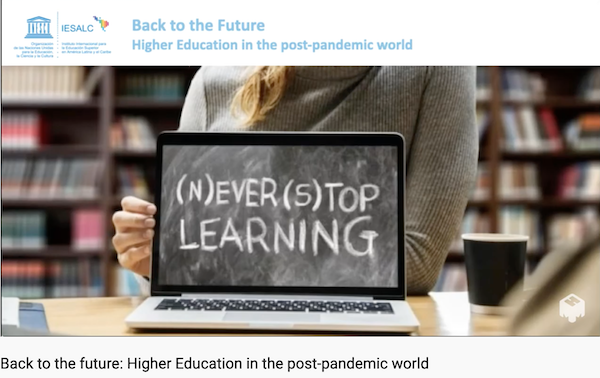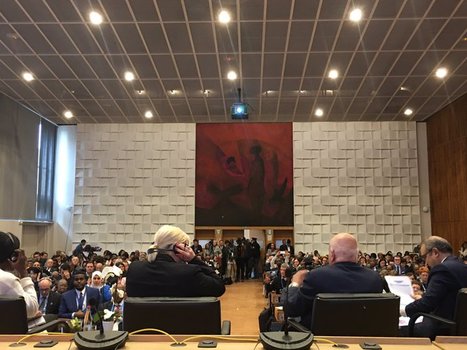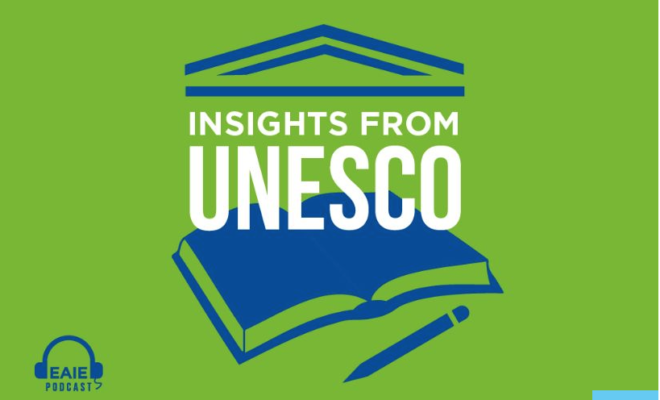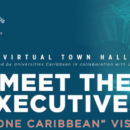United Nations HE forum explores AI’s role in sustainability | University World News

Institutions working with and within the United Nations’ Higher Education Sustainability Initiative (HESI) have been building action groups and collaborations to boost how artificial intelligence might aid the achievement of the UN Sustainable Development Goals (SDGs).
That was a key message of the HESI Global Forum 2024 on “The Future of Higher Education for Sustainable Development”. The annual HESI forum was held in New York on Monday 15 July as a special event to the 2024 High-Level Political Forum on Sustainable Development, the UN’s main platform for reviewing the 2030 Agenda for Sustainable Development.
Jonghwi Park, head of innovation and education at the Tokyo-based United Nations University Institute for the Advanced Study of Sustainability (UNU-IAS) warned: “The world is feeling very divided about AI,” including regarding sustainable development.
While there is appreciation of how AI can provide personalised tutoring for students and many other functions, there is also concern that such services will focus on students speaking one of the world’s major languages such as Chinese, English, Spanish, Hindi and Arabic.
Park warned that this could accelerate “the extinction of minor languages”.
She explained: “This is where higher education comes into play with leadership to inform our society on how to maximise the potential of AI by minimising the risks and inequality issues that AI may pose to humanity.”
The United Nations University and the UNESCO International Institute for Higher Education in Latin America and the Caribbean (IESALC) are responding by co-launching a HESI Action Group on the Future of Higher Education and Artificial Intelligence. Its goal, said a UNESCO note, is: “To drive ethical and effective digital transformation at higher education in making efforts towards a sustainable future for all.”
Park said the group would stage webinars and develop research papers that will “deep dive into sub-topics”. Through “academically productive debates we hope that our efforts and knowledge outputs will inform member states in decision making and on adopting AI for their sustainable development and also UN agenda setting,” Park added.
It will work and seek synergies with other HESI action groups, such as those on university leaders; student action; rankings and ratings; education for green jobs; and the SDG publishers’ compact.
The new HESI action group will also work with other initiatives, such as: IESALC’s guidelines on using ChatGPT and Artificial Intelligence in Higher Education; and academic research, such as using deep data and AI analysis to understand the impact of academic journals in achieving SDGs.
UN Global Digital Compact
Jayashri Wyatt, chief of the education outreach section at the outreach division of the UN department of global communications, told the forum: “Generative AI is transforming the world; the potential is immense.”
She said concerns about AI would be integrated into a UN Global Digital Compact policy to be agreed at the September United Nations Summit of the Future, with the goal being an “inclusive open secure digital future for all”.
This will require international cooperation and governance, Wyatt said, with equitable and inclusive access to AI: “We need humane technology; we need humane Gen AI” that is subject to regulation based on risk, set before AI is released.
Her concern is that research takes time and “investment and the research now is not keeping pace with [technological] developments” as AI systems hit the market.
Wyatt said the UN was working to make this policy strengthen the United Nations Academic Impact (UNAI) initiative, which engages higher education institutions with UN activities.
The UN Global Digital Compact policy will help the UN encourage member states to invest in AI research and prioritise responsible regulation, she said, highlighting UNAI’s promotion of a University of Oxford research initiative aimed at ensuring that AI technologies are promoting social good, including studies examining AI ethics and the relationship between AI and the SDGs.
Higher education must do more
Quinn Runkle, director of education at SOS-UK (Students Organising for Sustainability), agreed that “there are big risks and challenges ahead” in the advancement of technology. “The higher education sector needs to be pushed to go further and faster in the face of the climate and ecological emergency”.
Runkle asked: “How do we collectively push those lagging behind to catch up?” The answer she suggested is: “We need all institutions and all students to experience a higher education in which sustainability is deeply integrated.”
The conference heard of a series of initiatives that will help to achieve this. One is the launch by UNESCO IESALC of a SET4HEI sustainability evaluation tool for higher education institutions, a free, online and open resource to map higher education current and potential future contributions to achieving the SDGs.
Victoria Galán-Muros, chief of research and analysis at the UNESCO International Institute for Higher Education, said the system was a result of a one-year consultation with education and sustainability leaders plus academics after many higher education institutions had requested support on helping to advance the SDGs:
“They have the interest, but they didn’t know how to proceed.”
She said the tool is unique and multidimensional: “It’s global, it’s open, it’s free, should be simple, transparent and non-competitive in nature, and longitudinal so you can come back and check your results.” (…)
Original post published on University World News
RELATED ITEMS








